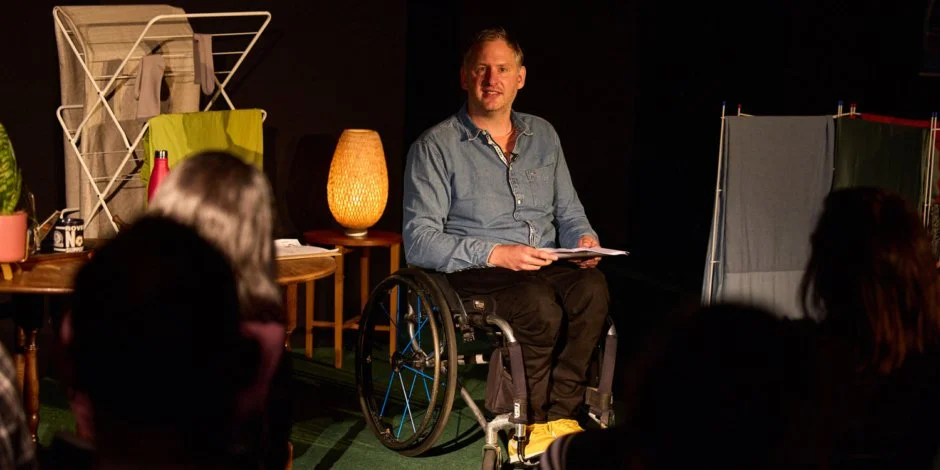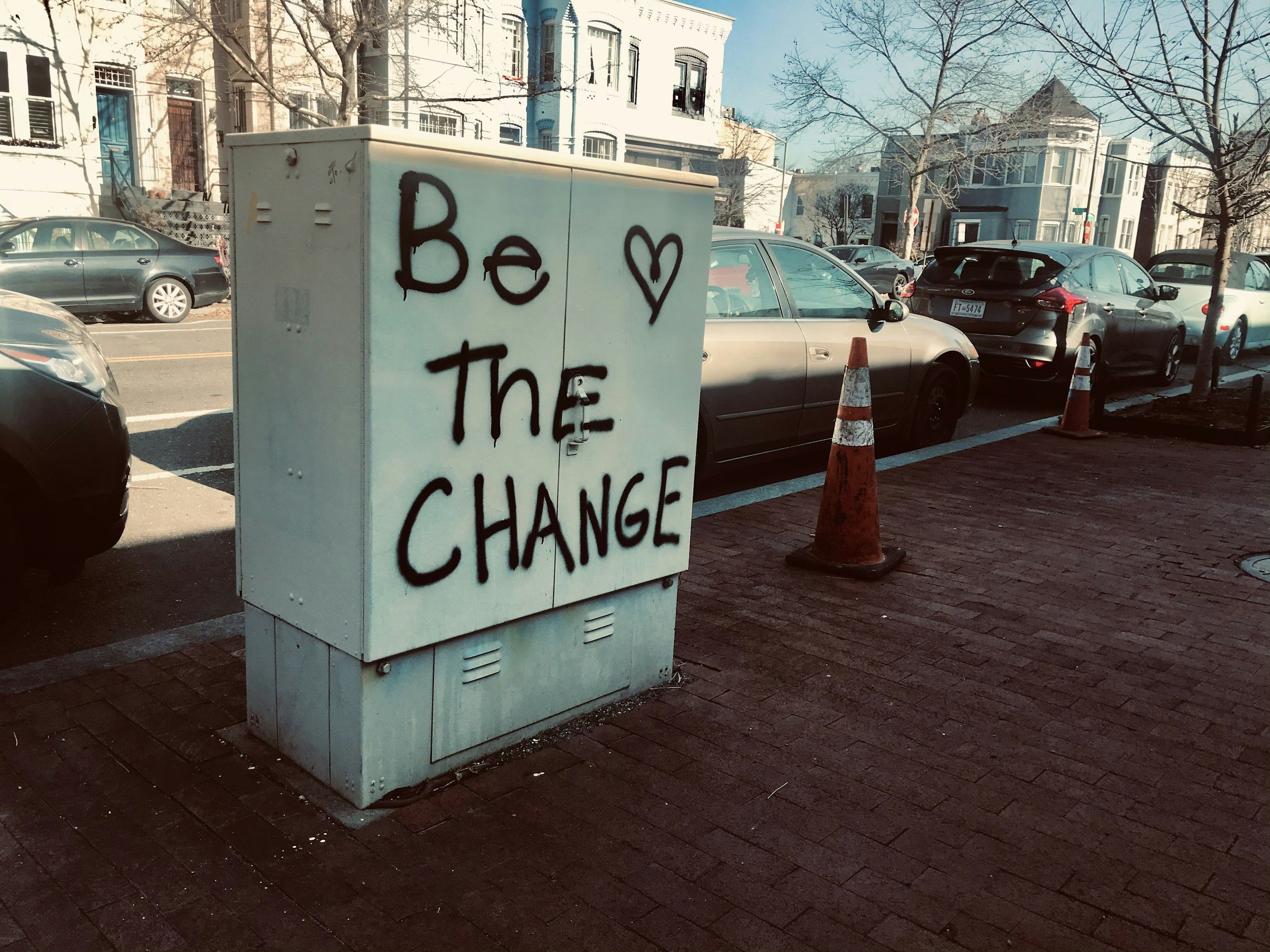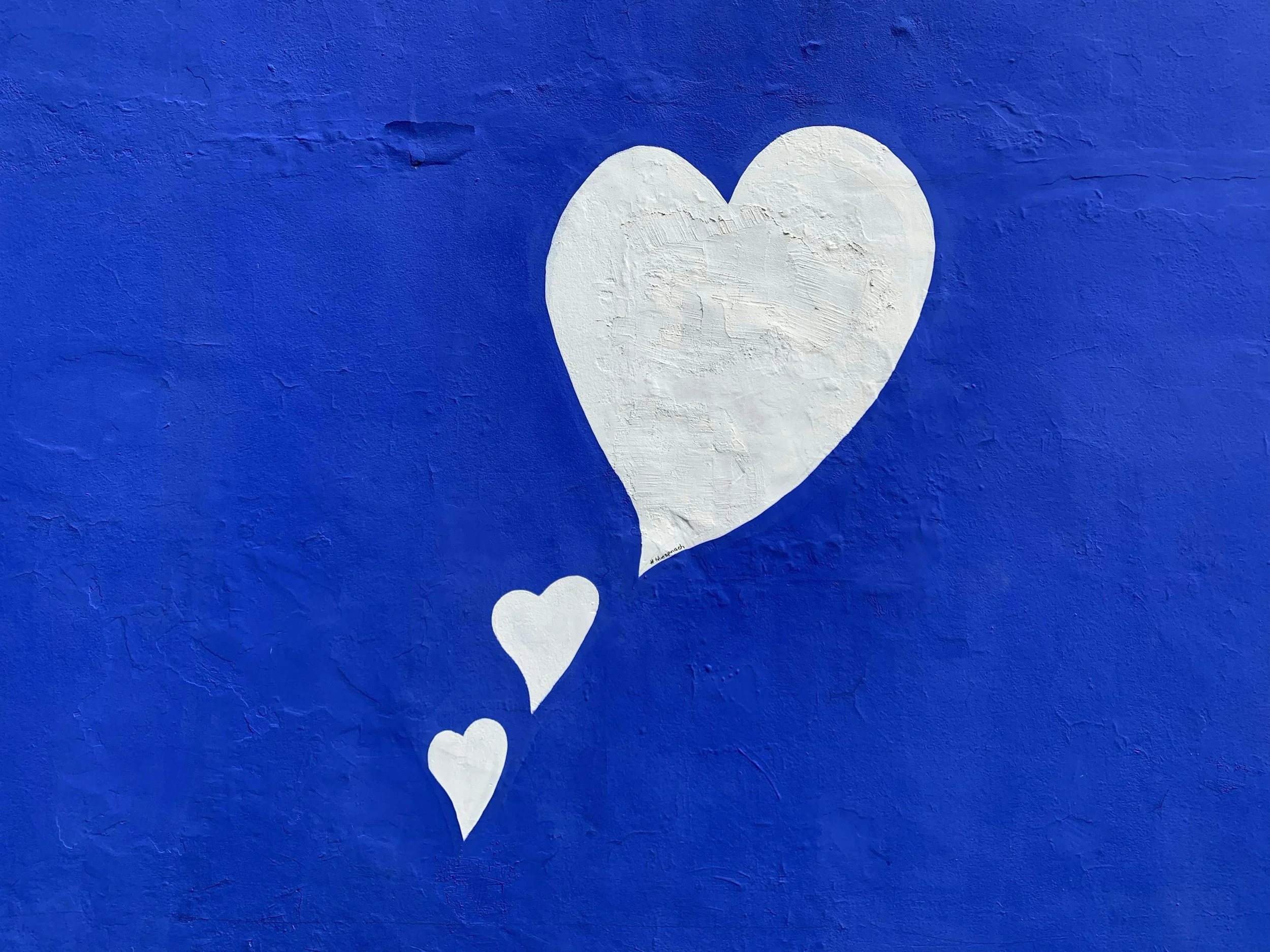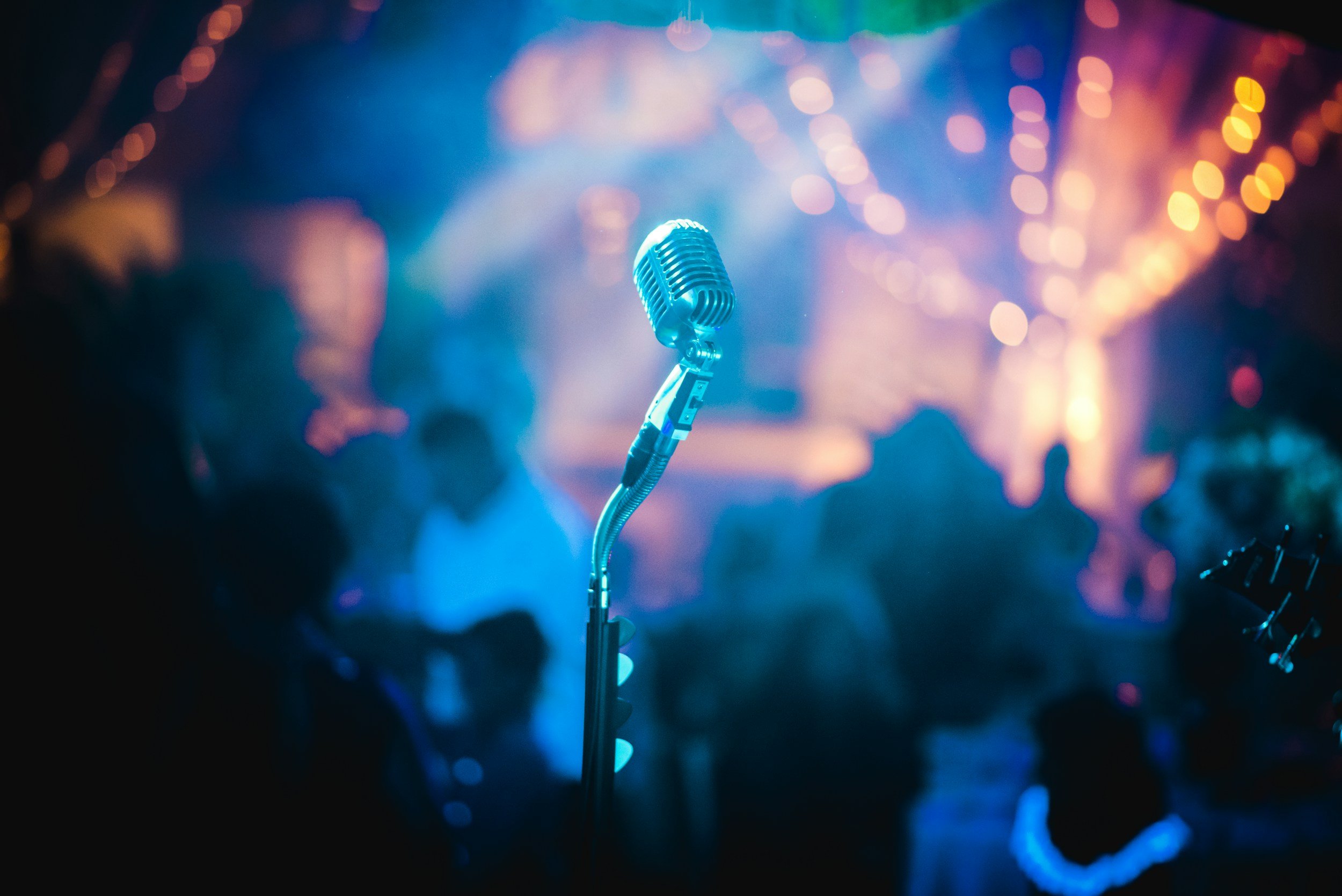How To Make Your Beauty Routine Plastic-Free
It’s 2020, and while it’s been a long time coming it seems the world is finally beginning to wake up to the effects plastic pollution has on our little blue planet. And while most of us are now recycling on the reg’, cutting down on our single-use plastic and sipping proudly from our KeepCups, there’s still a long way to go before we can start to undo some of the damage years of plastic pollution has caused.
According to the Ocean Conservatory, a staggering (and frankly, pretty heartbreaking) 8 million tons of plastic enters our oceans each year, with plastic found in more than 60% of all seabirds and 100% of all sea turtle species. Not cool.
But what more can we do?, I hear you ask. It’s a good question, in fact, one that many are asking according to a report conducted by Cosmetif who found that 63% of British beauty consumers have changed their beauty habits in a bid to be more eco-friendly, from checking product labels for harmful ingredients to shopping for vegan and cruelty-free options. And while the beauty industry is beginning to make waves in this area (with the ban of microbeads back in 2018, and the government pledging to eliminate wet wipes within the next 25 years), there’s still a lot more that needs to be done.
This June marks World Environment Day and World Oceans Day, and this year it’s all about beating plastic pollution - and not a minute too soon. While the onus is still firmly with the government and big businesses to do their bit, there’s still lots we as individuals can do to help reduce our environmental impact. In fact, a pretty good place to continue your efforts is within the confines of your very own toiletries bag - and it’s probably easier than you think.
Firstly, what’s the difference?
‘Eco’, ‘sustainable’, ‘biodegradable’ - just a few of the many zeitgeisty terms being slathered across our many beauty products. But what’s the difference? Well, while there’s no official guideline as such, a sustainable product should, throughout the entirety of its lifecycle, cause little or no damage to the environment, nor should it use materials that aren’t able to be replaced or regrown.
Eco-friendly products are defined as not causing any harm to the environment in their production, use, or disposal, whereas biodegradable, simply put, means the product can naturally disintegrate without causing harm to the environment.
Now let’s take a look at some of the ways we can easily incorporate going plastic-free into our everyday beauty regime...
Swap your makeup wipes or cotton pads to reusable rounds
Innocuous as they may seem, disposable cotton pads can end up having a devastating environmental impact (according to the WWF, a whopping 20,000 litres of water are required to make just one kilogram of cotton). It’s no surprise then that many of us have been making the switch to reusable cotton rounds instead, like these handmade rounds from Whale and Me. Not only are reusable rounds much better for the environment, they’re also much kinder to skin than traditional wipes. It’s a simple switch, with a big impact.
Go naked with your soaps, shampoos and conditioner
Perhaps one of the biggest culprits lurking amongst our bathroom cabinet: shower and hair care products. The good news is that now many zero waste or health care stores offer refillable shampoos, conditioners and body washes, that you can simply refill into your own bottle. Lush also does a huge range of ‘naked’ packaging-free products, including shower gels, shampoo bars, makeup and facial products. All of the pampering, none of the plastic-induced guilt.
Ditch the disposables
If shaving’s your jam and you prefer to stay hair-free, then why not think about investing in a stainless steel razor? Although these will be a little more expensive up front, it’ll work out much more economical in the long run. Far more sustainable than it’s disposable, plastic counterpart, they’ll also give you a closer, better quality shave. Result.
Swap your plastic toothbrush for bamboo
Billions of plastic toothbrushes (not to mention, the plastic tubes our toothpaste comes in) get thrown away each year, ending up not only in landfill but also in our oceans. As a sustainable crop, bamboo is biodegradable which means switching to a bamboo toothbrush is an easy change that reaps in big rewards. As for toothpaste, the pioneers at Lush are at it again with their range of vegan toothpaste ‘jelly’, which comes in entirely recyclable packaging.
Planet-friendly makeup
As you can imagine, plastic-encased compacts and brushes that need replacing every few weeks aren't exactly sustainable, meaning our day-to-day makeup products generate a lot of waste. Luckily there’s plenty of environmentally-friendly alternatives, from bamboo handled brushes like these from Plastic Freedom (bonus: they even plant a tree for every order they receive), to swapping out plastic packaged makeup for glass, bamboo or cardboard.
Plastic-free periods
Did you know the average menstruating person will use over 11,000 disposable sanitary products in their lifetime? Mostly made of plastic and unable to be recycled, that’s an awful lot of waste destined to end up in landfill. Luckily attention has now turned towards sanitary products, with several reusable and washable products hitting the shelves such as the Mooncup, or period-proof pants from the likes of ModiBodi.
(It’s important to note that not everyone will be able to get on board with a menstrual cup or pants, and that’s ok - you still need to do what works for your body. Luckily, many companies now make plastic-free, biodegradable tampons, like these from OHNE).
DIY it
If not for the environment, think of all the spare cash you could save by DIY’ing some of your favourite beauty products. Mixing up some sugar and olive oil makes for a great homemade body scrub, while mixing avocado and coconut oil is a great natural hair mask. There’s an abundance of recipes online at your disposal, and best of all - you probably have most of the ingredients sitting in your kitchen right this minute.
On a final note...
Let’s not mince words: being able to live your life blissfully plastic-free is a privilege, and won’t immediately be an option for everyone. But every little helps, whether that’s slowly introducing waste-free versions to replace your products as they run out, or just buying in bulk where you can and avoiding plastic packaging. We can all do our bit, one swap at a time.
Disclaimer: We have an affiliate deal with Etsy, so if you do decide to buy Whale and Me’s amazing reusable products we make a bit of money (from Etsy, not Whale and Me - they still get the full payment agreed with Etsy) which goes towards our business costs for keeping the network up, running and free!
Written by Danielle Petch












